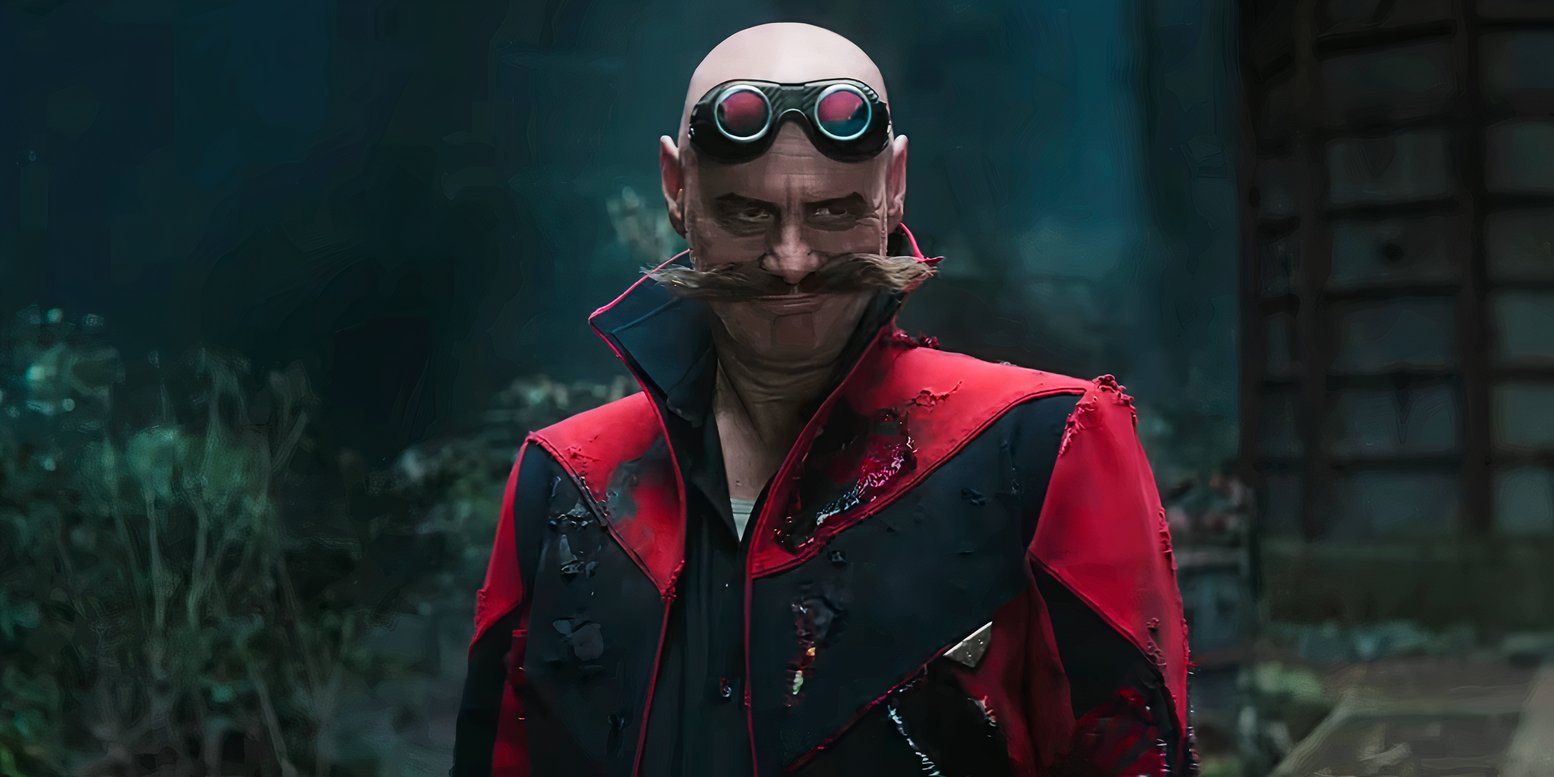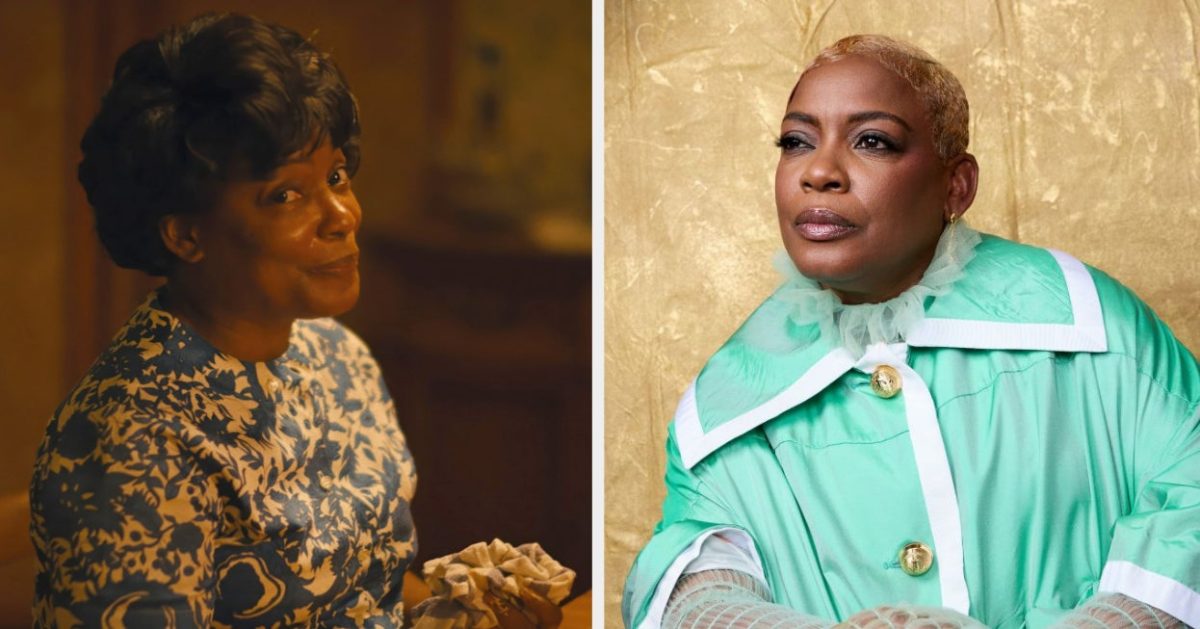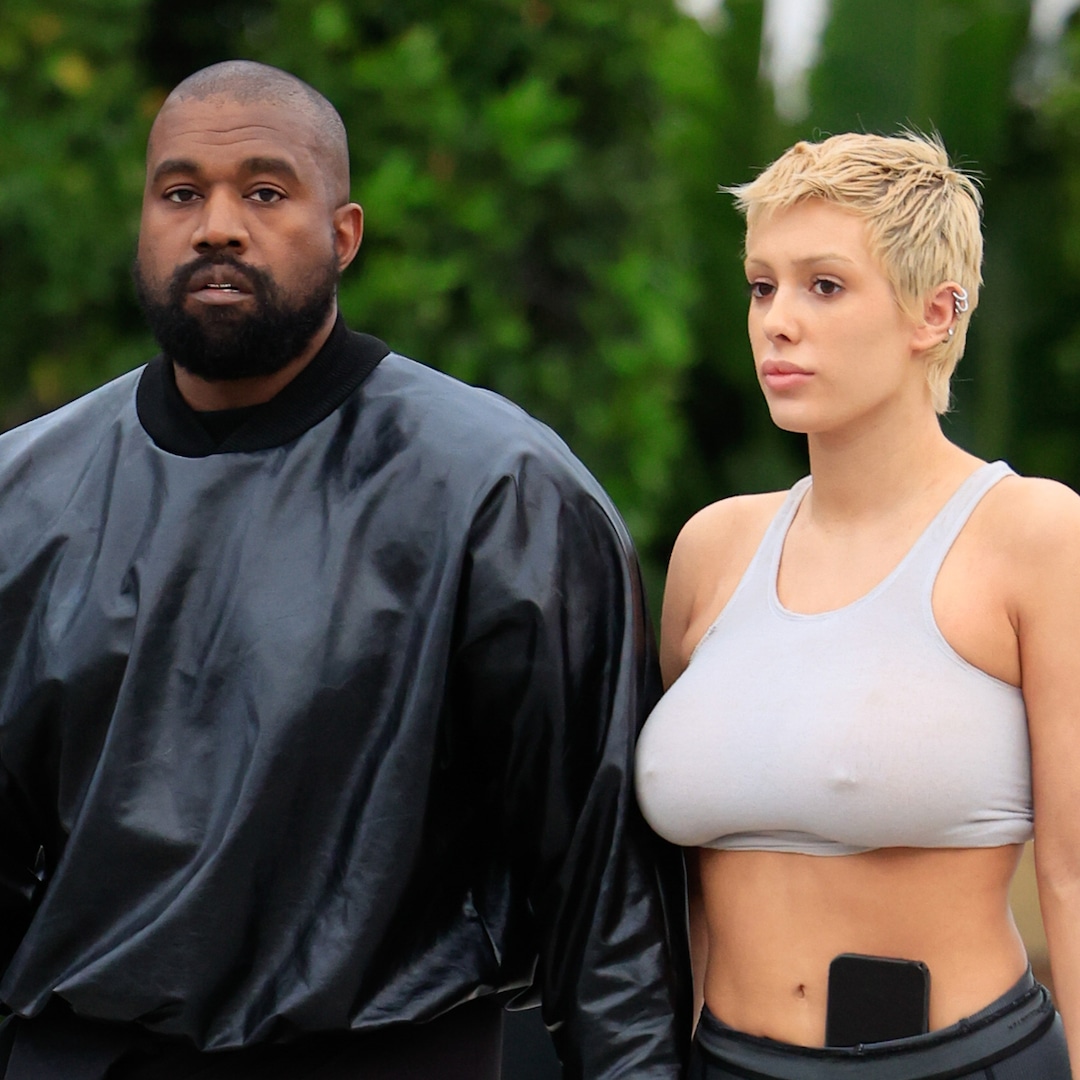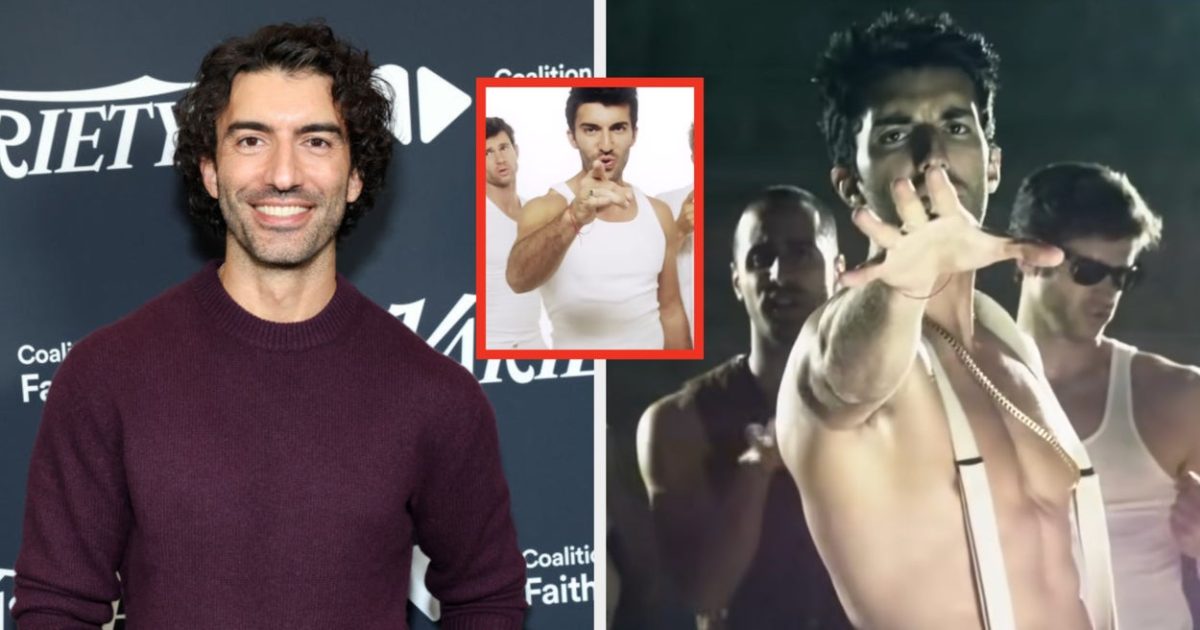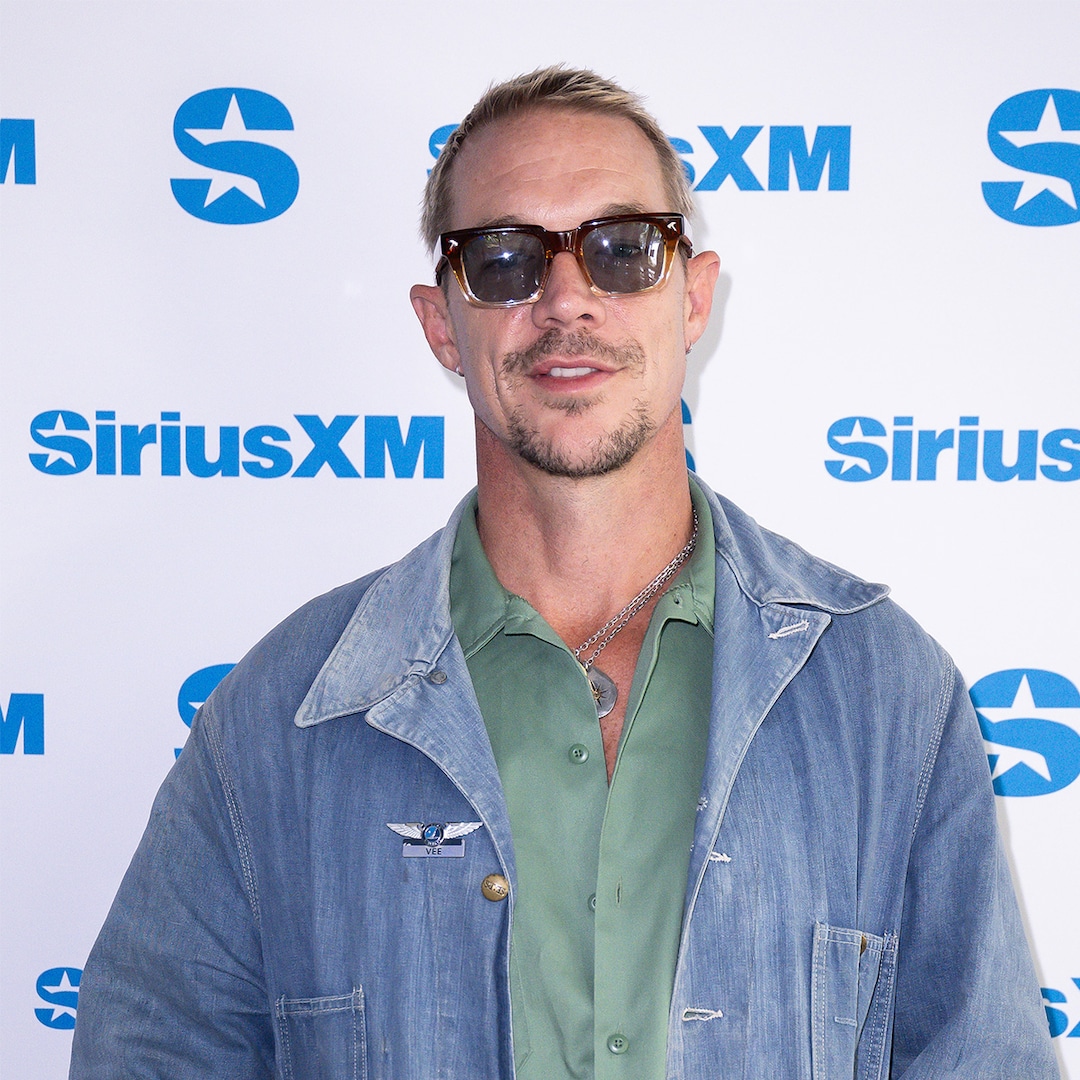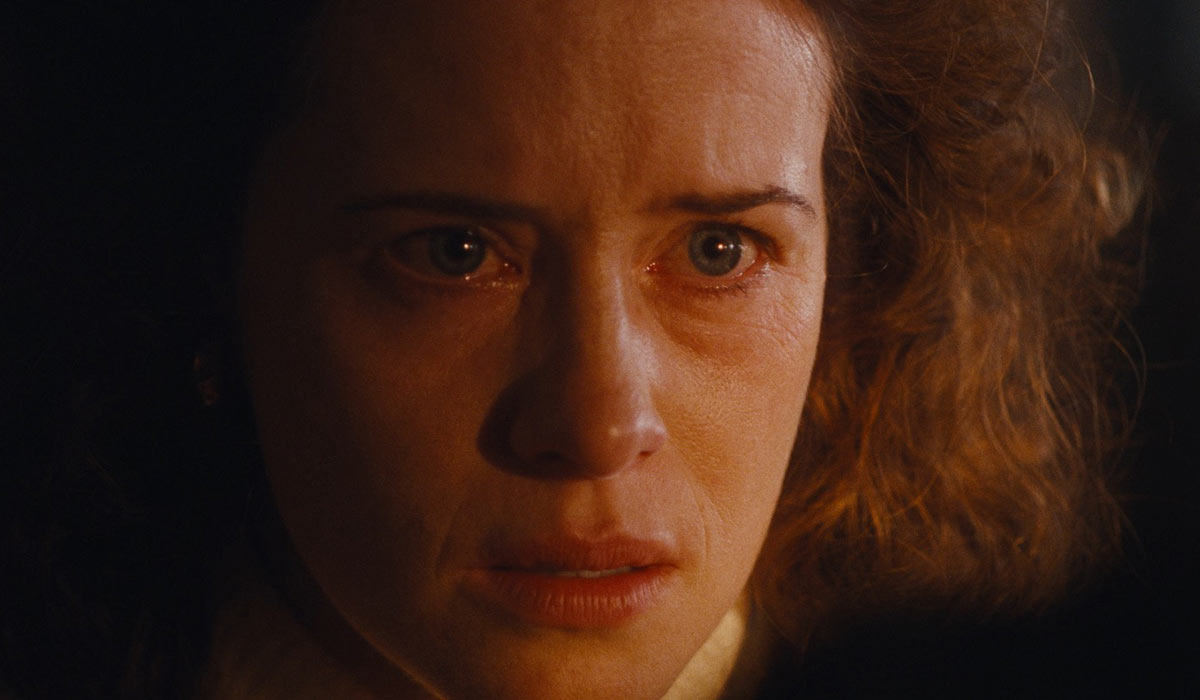
Claire Foy On Portraying The ‘Unfufilled’ Mother Of All of Us Strangers And Not Being Very Showbiz
Jan 4, 2024
This year’s supporting actress race is historically competitive, but one contender who deserves more of a spotlight is Claire Foy. The two-time Emmy and SAG Award winner is heartbreaking as a mother reuniting with her now adult son in Andrew Haigh’s “All of Us Strangers” (still one of the best-reviewed movies of 2023). But despite a Gotham Award, British Independent Film Award, and London Film Film Critics Circle nomination, she’s been somewhat ignored by American critics for “flashier” performances. That may change when the BAFTA Awards nominations are revealed on January 18 and as more AMPAS members catch “Strangers” over the holiday break.
Well, it should.
READ MORE: Yes, Paul Mescal wanted a “Hot and Exciting” sex scene for you, the audience [Interview]
Speaking to The Playlist earlier this month, Foy continues to be as genuine in person as she was when “The Crown” first brought her global notoriety in 2016. Considering how rare that is in this business, it’s not a surprise Haigh cast her in his fifth feature (or the equally down-to-earth Jamie Bell, for that matter). And it makes even more sense she’s good friends with her “Strangers” co-star, Andrew Scott. She can easily put on the “airs” of a British monarch or a grounded or portray a plucked-from-time ’80s suburban mom, trying to help her child in the best way she can.
One of the most striking scenes in “Strangers” is when Foy’s character – a ghost, an apparition, some form of a woman who died 40 years earlier – asks her son whether he’s married. She soon discovers not only is that not the case, but that her son is gay. Having come from an era where AIDS was practically a death sentence, her reaction is probably not ideal.
“It definitely felt like an intense scene in the way that it should have been a mundane scene,” Foy says. “That’s what she was thinking it was going to be. She was going to find out he had a lovely wife and three children, and he lived in a lovely semi-detached house, basically in her life, basically her life. And so, I think those are the scenes that I love is that two characters go into it, think it’s going to be one thing, and then they’re like, ‘No, whoa, whoa. What do you mean what? I’ve got new information. I can’t keep up.’ And I think that I was really specific with that scene. So was Andrew [Scott]. Andrew didn’t want it to be a coming-out scene. He didn’t want it to be that he had to suddenly explain his sexuality, he wasn’t going there to come out.”
Foy continues, “What I loved about it was so ordinary. It wasn’t, ‘Oh my God, what do you mean?’ It wasn’t some theatrical kind of bursting into tears or something. It was very much like, ‘No, you’re not.’ And he’s like, ‘No, I am.’ And she’s like, ‘Well, you can’t be.’ ‘Why not?’ ‘Because you don’t look gay.’ She’s so present that the things that are coming out of her mouth are so what you should not be saying, but are so indicative of what period of time she’s living in, the set of values. And then she feels even more isolated from him and distant from him because she doesn’t understand it. And she says, ‘Well, I wouldn’t know about that, would I?’ which is a punishment on him because she’s missed out on so much of his life, which is why she’s maybe so restless because she just doesn’t know her son. And that’s so awful. That’s so heartbreaking.”
Throughout our conversation, Foy heaps tons of praise on Haigh’s screenplay and direction, how Scott didn’t pitch her on the project; her theory on what exactly is happening in the movie (Is it a dream? Is it real? Is it something else?); her one scene with Paul Mescal and much, much more.
Please note: There are mild spoilers from “All of Us Strangers” in the context of this interview.
____
The Playlist: Hi, Claire. How are you?
Claire Foy: I’m great. How are you?
I’m good. And I can’t screw this up because I’m your moderator tonight, so if you hate me…
You are in a job interview now.
I’m in a job interview. Exactly. [Laughs.]
Just so you know, I’m paying attention to everything you’re saying.
Every question.
Yeah.
The script comes your way.
It does.
What was your reaction?
I was so excited to read it because I love Andrew Haigh, and then I was nervous. I thought, oh no, what if the part’s not very good or what? But I sort of was a bit like, whatever it is, I’ll do it because I got to work with him. And then I read it and I was like, oh, come on. It was just a dream. And then I knew that Andrew and Paul were doing it, and then Jamie said yes to it, and I was like, okay, good life choice by me. I was so pleased.
But you know Andrew Scott, right, before that? Had he told you about it beforehand?
No.
Did he even know if it was sent to you?
I don’t know whether he did. He must’ve said it would be all right if I was in it.
Is that a thing? Actors don’t say anything to one another because they don’t want to get their friends upset if they don’t get the role?
I don’t know. I don’t think Andrew would. I think he’s obviously an incredible individual, and he probably would want Andrew Haigh just to do the right thing. I don’t know. It is so weird, but it didn’t feel strange that I would play his mother. It was a little bit, trying to explain it to people, they were like, “In flashback?” I’m like, “No, no. In real life, just as it’s happening in the present day, just dressed in the ’80s garb.” Yeah. But no, I’m going to ask him about that actually, about why he didn’t text me and go, “Just so you know, a script’s coming your way,” in a really showbiz way.
Exactly.
That’s probably why, because neither of us are very showbiz, so that probably wouldn’t work way well for us.
I just spoke to Jamie, and it seems like both he and Andrew Scott see the movie from two different perspectives. Andrew believes his character Adam is going through a creative catharsis, and he sort of insinuated it all might be in his head.
It could be. It could be.
Jamie, on the other hand, says, “I played him as though it was real and that they were there. They know it’s not going to be forever.” So, how did you see it? How did you play Adam’s mom?
Yeah, I definitely played it as real. I couldn’t play them anything other than real. I feel like they have been waiting for him to come to them when he’s ready. I feel like there’s a feeling that they’re in limbo somehow until he’s ready to deal with them again in some way. And so I feel like that when he arrives, they’re like, “He’s finally here.” And so there’s a real sense of relief on their behalf. And then I think it’s that thing of whether they only live when he’s there, all those practical questions are irrelevant. But when he is with them, it’s, I think, in a similar way that when you are with your child. You’re more alive than you are ever before. And so, I think the film’s about love fundamentally, and that Adam needs to heal from, really face what he lost in order to be able to actually love somebody, which he’s probably never done in his whole adult life. And he’s not really living therefore, and so he’s got to go through this and go back to them. But yeah, I definitely played it all real. Otherwise, I don’t know that it would’ve worked. But I love the fact that there could be so many different versions of what it is. It could be that he made it all up in his head. It could be that they’re all dead. It could be so many different variations, but none of them mean that it’s not poignant.
Very true. So we are told that Jamie’s character dies instantly in the car crash while your character does not. Did you feel like you had to add any shades of that with her? Is she a restless soul?
Yeah, she’s definitely unfulfilled. She was unfulfilled, I think. It makes me emotional thinking about it, but in my head, she wasn’t ready to go in the sense that she couldn’t separate from him. That made her not leave in a way and maybe why she never left, really. And so I definitely feel like the way in which she left the world was, like he says, so brutal. And he went looking for parts of her in a really dark way, but in order for it not to be so traumatic and awful. And she was definitely a little bit tortured, I think.
Did you have any inspiration from her? Is there anyone in your life who you thought of while you were playing her?
She’s definitely lots of my aunts. I’m from an immigrant Irish family who lived in London and North London and were Catholic. And so it definitely had a strong familiarity to me of someone wanting something different for their child, but also wants their child to be just like them in a way.
And when you got to the scene in the script where he comes out to her, or it comes up a conversation, did you realize how poignant it would be on screen to people? Did it seem like that intense a scene?
Yeah, it definitely felt like an intense scene in the way that it should have been a mundane scene. That’s what she was thinking it was going to be. She was going to find out he had a lovely wife and three children, and he lived in a lovely semi-detached house, basically in her life, basically her life. And so, I think those are the scenes that I love is that two characters go into it, think it’s going to be one thing, and then they’re like, “No, whoa, whoa. What do you mean? What? I’ve got new information. I can’t keep up.” And I think that I was really specific with that scene. So was Andrew. Andrew didn’t want it to be a coming-out scene. He didn’t want it to be that he had to suddenly explain his sexuality, he wasn’t going there to come out. He was just going there, and she asked. And so he was like, “Yeah, no, no, I like men.” And I think her response to it is, what I loved about it was so ordinary. It wasn’t, “Oh my God, what do you mean?” It wasn’t some theatrical kind of bursting into tears or something. It was very much like, “No, you’re not.” And he’s like, “No, I am.” And she’s like, “Well, you can’t be.” “Why not?” “Because you don’t look gay.” She’s so present that the things that are coming out of her mouth are so what you should not be saying, but are so indicative of what period of time she’s living in, the set of values. And then she feels even more isolated from him and distant from him because she doesn’t understand it. And she says, “Well, I wouldn’t know about that, would I?” which is a punishment on him because she’s missed out on so much of his life, which is why she’s maybe so restless because she just doesn’t know her son. And that’s so awful. That’s so heartbreaking.
Did you feel had to give her any backstory about who she was? Where she came from? There is that moment toward the end, I think, where they say something like, “It was rough and it wasn’t always…”
“Wasn’t always easy.” Yeah. “But I’m glad we got to be there at the end.” Yeah, I did, just because that was important for me to know what their life – pre them dying – [was] really important. I don’t know how much of that comes across, but that was important to me. Also, yeah, they couldn’t be a cliche of what parents are. That it was slightly more difficult. And you also got so much information about who they were just by tiny, tiny details in the script, which is why the screenplay is so good, that the way he responds to her about certain things and vice versa means that you just go, “Oh, O.K. I get their dynamic. I get who they are. I get what they used to argue about.” Like where Andrew and Jamie have the scene together and he says, “If you really want to her off, break that.” They do all the work for me. I’m like, there, you just know what sort of person she is immediately by that night.
I did a Q&A with Andrew Hague a while ago, and we talked about the difficulty in the scene in the bed with you and Andrew, which is one shot and the camera is going to run out. Do you remember this, I guess?
Yeah.
Do you feel like there’s always a scene where you’re so cognizant of what is going on with the camera that you have to time it just so perfectly?
I had completely forgotten that was one shot. That’s not what I remember about that scene at all.
What do you remember about that scene?
I remember it feeling like it was just me and Andrew in bed together, and there was no one else there, even though there was Paul and also Jamie in bed, trying to do a do-si-do. It was very funny for the first three or four takes, and I pulled myself together, but it was like there were too many because I just would see Paul slip. But they got it down. They had to figure it out. They choreographed it. No, all I remember is it just feeling incredibly natural and real, and like he was my son, and we were just this close, talking like that. it definitely wasn’t rushed, but that’s not the lasting thing of it. It’s funny isn’t it, that that’s not why I’ve taken from it at all.
I think Mr. Haigh thinks about that day a lot. [Laughs.]
Well, that’s a good director. He didn’t make me feel, he wasn’t like, “Can you hurry up?” In the dialogue.
Speaking of that, one thing that Jamie said he loved was the fact that the two of you got to shoot all of your stuff at the beginning of production. Shooting almost every day, I guess. Did you think that helped?
Oh, yeah. It was chronological as well. So it really, really helped because, by the time we got to the final scene, we had all that lifetime. It felt like, of time we spent together, and we’d done our thing. We had our unit as a family. And so that just really informed that final scene, I think. I also think that so much of that lent to the idea that they’re like meeting each other again for the first time, and it’s slightly awkward, and they don’t really know what to do. And then we have scenes separately, and then there are scenes of us together again. And because you’ve got that wealth of you’ve lived it and you’ve done all of those scenes, then it can inform what comes next, which would be the dream on every job you ever did, but obviously, that never happens.
But there’s this whole other half of the film that happens after you guys left and did whatever.
Which is really great. Well done then.
How weird was it to have a movie that gets amazing reviews, people going nuts, and you can’t see it until the strike is over? Was that frustrating at all?
I wasn’t frustrated because obviously, the strike happened for absolutely the right reasons. It truncates it, though, and you’re suddenly in at the deep end, and you’re thinking, “But no one’s seen it.” And lots of people have seen it. You’re like, “What are you talking about? No one even knows what this film is.” And Andrew’s like, “No, no, they do because I’ve been talking.” It was a very surreal experience, I think, because I’ve been at Telluride with “Women Talking,” and that was my first time going to Telluride and so many amazing things were coming out of Telluride about the movie. I could really feel what the reaction was. And Telluride is such a special place, and you get to talk to the people who are going to see the film, which is really amazing. And the Q&As were always amazing. My response, anyway, from doing “Women Talking” there was so special that I could feel it, I could sort of sense it thousands and thousands of miles away. But yeah, it definitely felt odd because I didn’t know what the film was like because I hadn’t seen it.
So what surprised you when you saw it?
I think that it worked so well, that [Andrew Haigh] had done such an incredible job. I think the ending surprised me. It was so poetic, so beautiful, so incredibly shocked that I know that I could have read that on the page, but I just didn’t read that on the page. I didn’t. And that just makes me love Andrew Haigh even more. He had all of this in his head and wore it so likely and would often say, “I don’t know. I don’t know what’s going to happen. I don’t know what’s going to look like. I don’t know what it’s going to be like.” But they worked on it for a year, editing it, and found what the film was. And I think that that is a real testament to filmmaking, not giving up until it’s done, not knowing, never being ahead of it, never being ahead of what you’re making, or knowing what it is you want it to be, and letting it find you and letting it be its own thing, its own creation, I think must be very, very difficult to do, but I think that’s what he’s done with this.
“All of Us Strangers” is now playing in New York, Los Angeles and San Francisco
Publisher: Source link
Aunjanue Ellis-Taylor Talks Black Trauma, Nickel Boys
That's beautiful and so refreshing to hear. I’ve seen discourse online with sentiments of “Black films always have to have some type of trauma. Why can’t our characters just be happy?” What are your thoughts on that line of thinking?…
Jan 3, 2025
Kanye West Shares Rare Photo With Wife Bianca Censori
Kanye West and Bianca Censori are looking stronger than ever. The "Heartless" singer shared several rare photos of the pair to his Instagram Story Jan. 2, giving fans a glimpse into their private life. In the photos, Kanye, 47, can be seen snapping pics in…
Jan 3, 2025
"You Can Tell Everything About A Man By The Way He Proposes": If You Never Saw Justin Baldoni's 27-Minute Proposal Video, Here's Why It Is Now Being Called The "Red" Flag Everyone Missed
The video is recirculating with millions of views and new opinions.View Entire Post › Disclaimer: This story is auto-aggregated by a computer program and has not been created or edited by filmibee.Publisher: Source link
Jan 2, 2025
Diplo Admits He’s “Tripping” on LSD During CNN New Year’s Eve Show
Diplo ended 2024 on a high—literally. Indeed, the DJ admitted to Andy Cohen and Anderson Cooper that he was tripping into the new year. “I’m so curious,” Andy told Diplo on CNN’s New Year’s Eve Live with Andy Cohen & Anderson…
Jan 2, 2025


